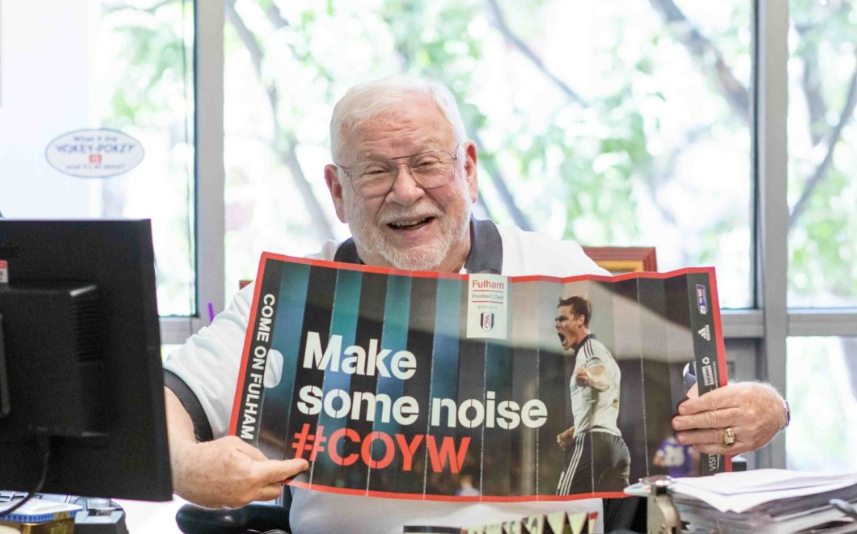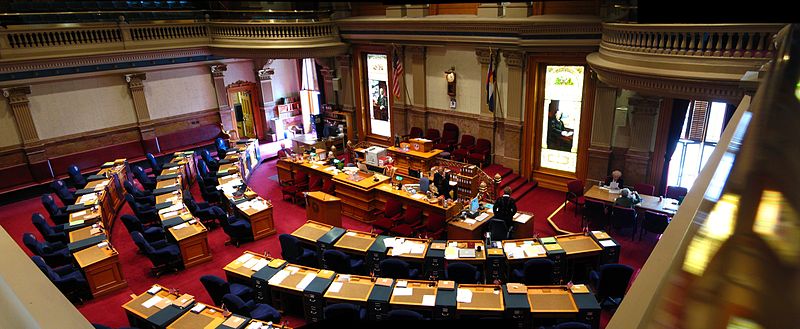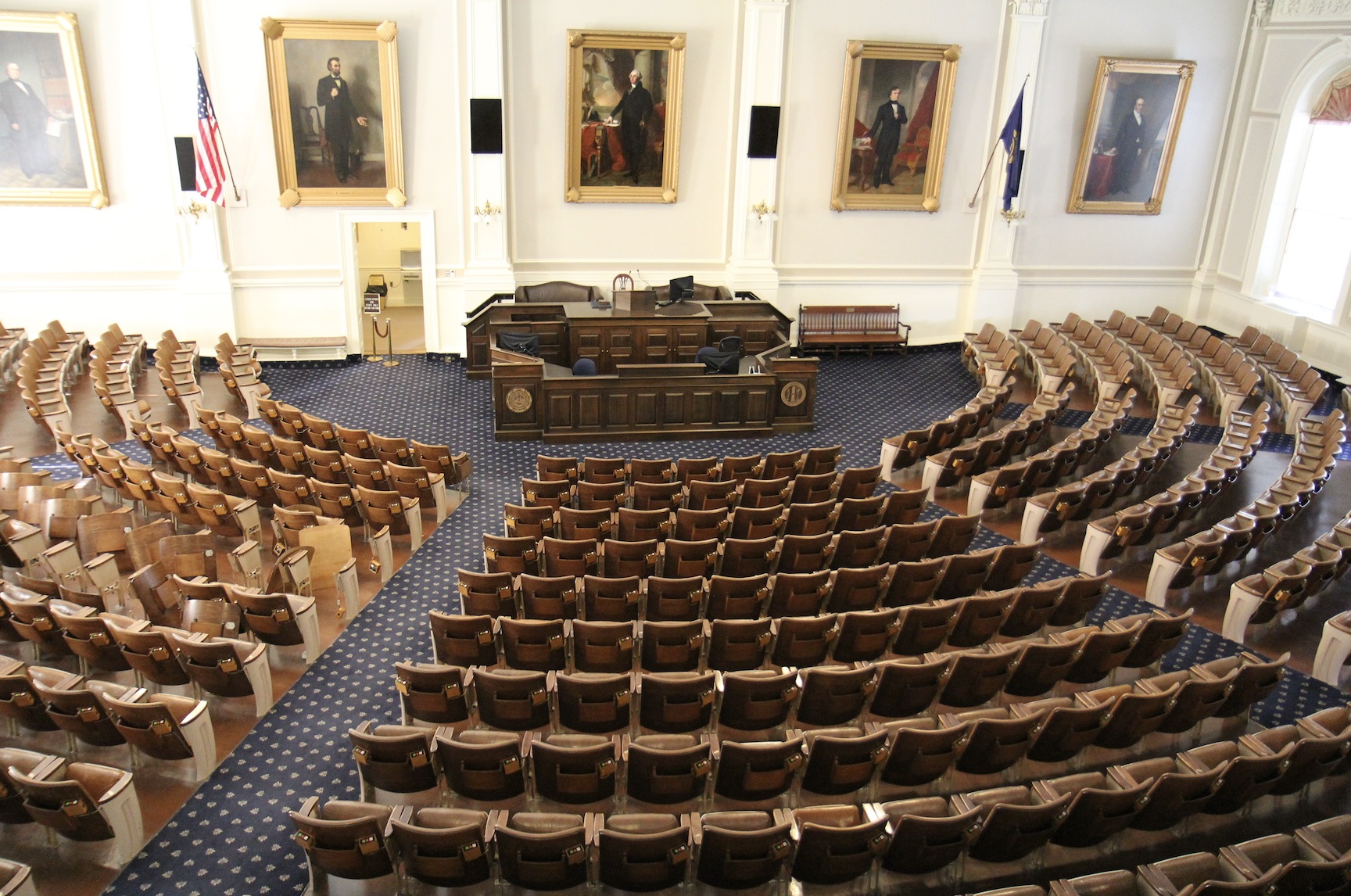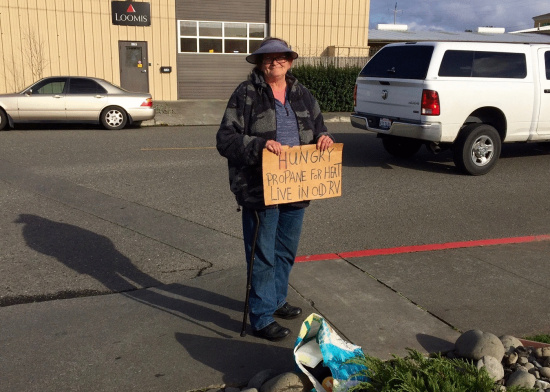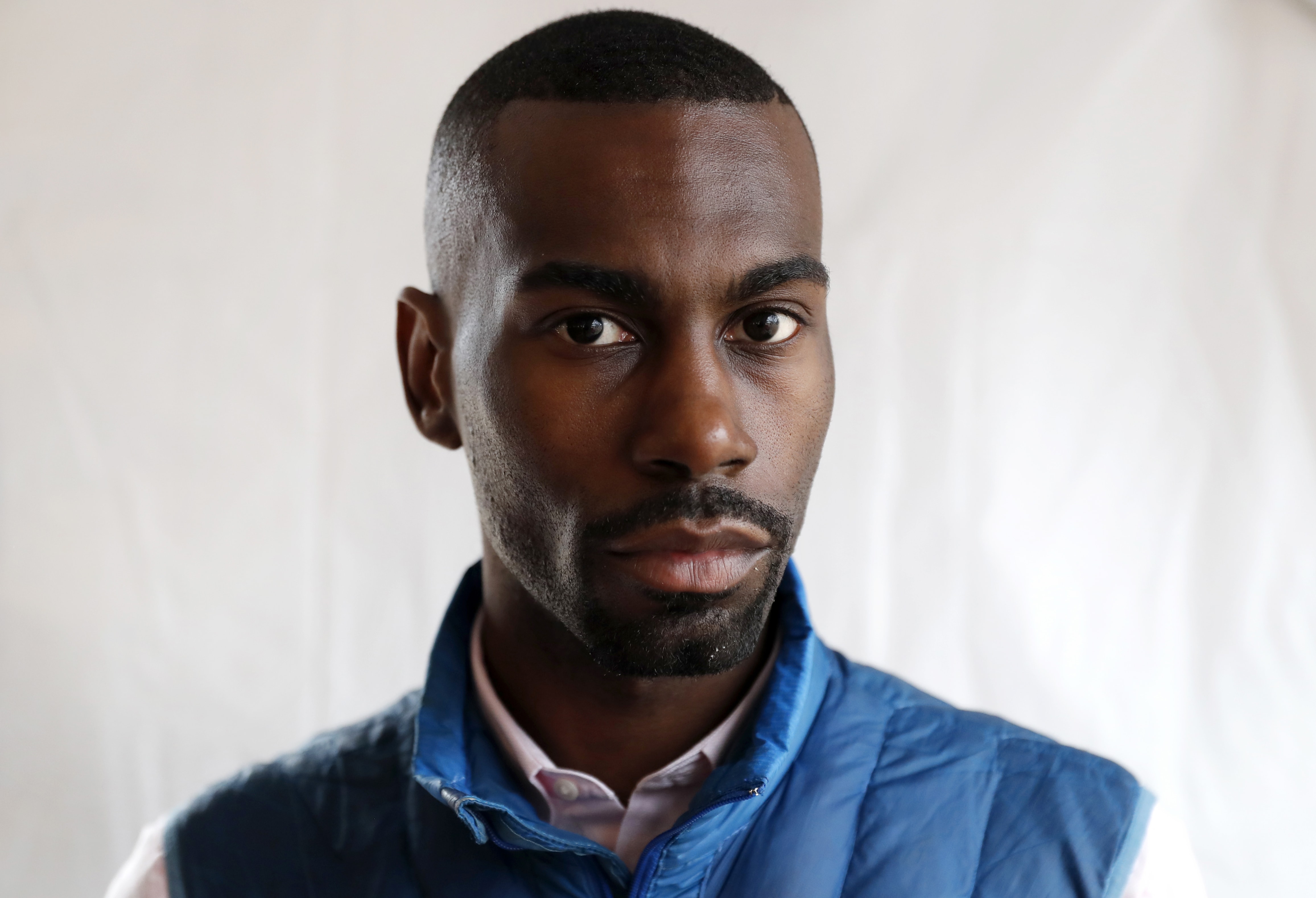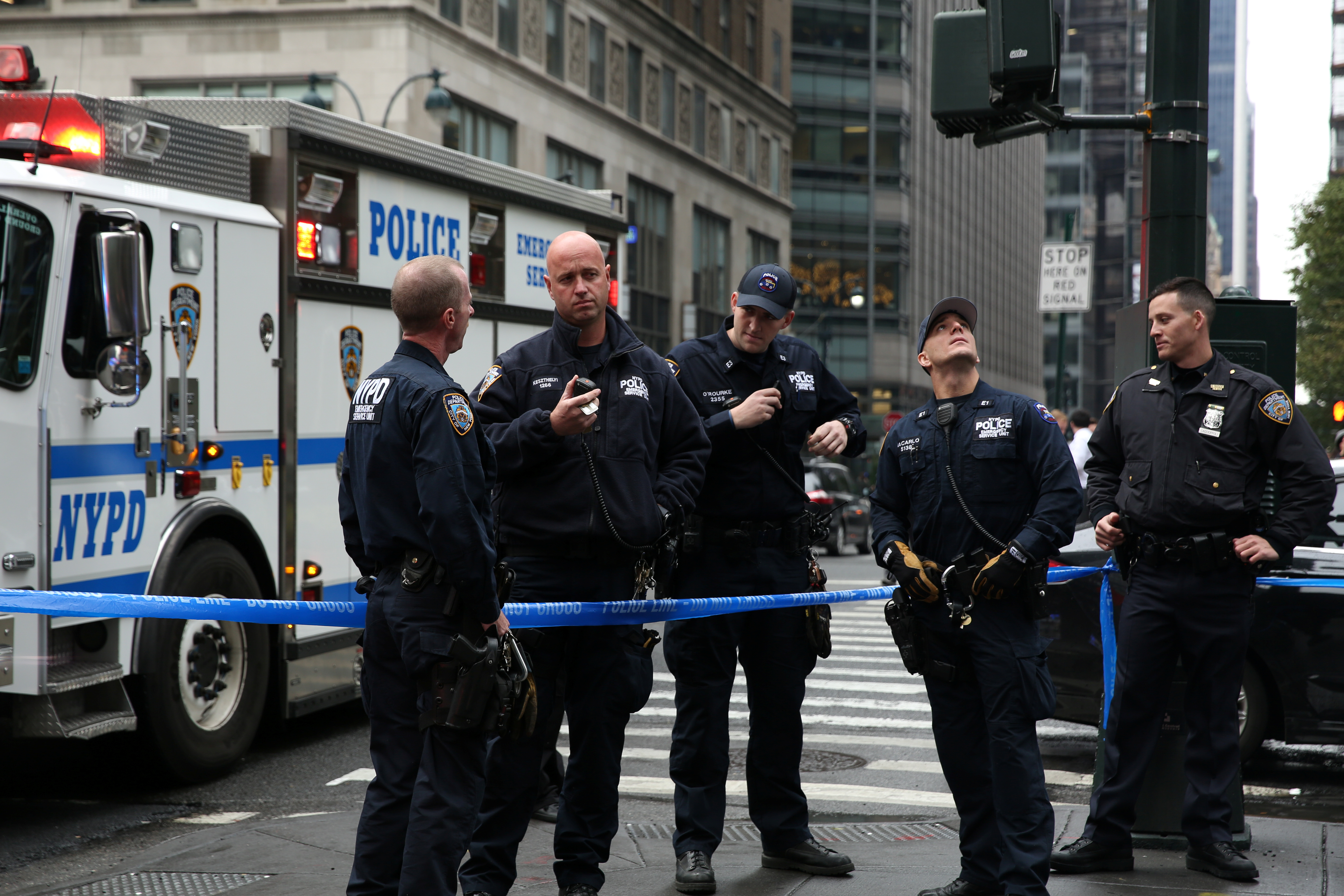California DMV Settles with Owner of “Come on You Whites” License Plate
The license plate, which included a reference to a slogan used by Jonathan Kotler's favorite soccer team, was rejected after officials determined it contained an "offensive connotation."
Colorado Looks to Strengthen Protections for Student Journalists and Their Faculty Advisers
A Democratic state representative and former journalism teacher from Colorado, Barbara McLachlan, is pushing for legislation that would provide extra protections for student journalists and the teachers who advise them.
Punished for Shouting a Racial Epithet, Students Take UConn to Court
Neither Mucaj nor Karal directed the epithet toward anybody in particular, but uttered it out loud as part of a juvenile game that tested the other’s willingness to shout obscenities. Now, they say the university is using a vague policy to punish them for speech that, while offensive, is constitutionally protected.
New Hampshire Bill Seeks To Regulate News Reporting of Criminal Proceedings
The bill has attracted heavy criticism from the state’s media organizations who say similar laws have been ruled unconstitutional by the Supreme Court.
California Town Looks to Amend Anti-Panhandling Law to Address Free Speech Concerns
A city council in Eureka, California is planning to amend a 2016 ordinance that regulated “aggressive and intrusive” panhandling after concerns that the law likely violated the First Amendment.
Judge Revises Opinion in Lawsuit Against Black Lives Matter Activist
While Judge Willet had originally agreed with the majority opinion—that Mckesson could be held liable for injuries caused by a rogue protester—his new opinion reveals a rare judicial change of mind.
The suit, filed on behalf of two documentary film organizations, argues that the registration requirement violates the First Amendment, is too broad in scope, and has not been proven to be necessary to national security interests.
Monroe County’s Police Chief Says His Officers Will Not Enforce New “Annoyance” Law
On December 4th, Monroe County Sheriff Todd Baxter condemned the county’s new “annoyance” law, calling it a “solution to a problem that doesn’t exist.” One month earlier, the Monroe County legislature passed a measure that would allow police officers to arrest anyone that “annoys, alarms, or threatens the personal safety of an officer.”
